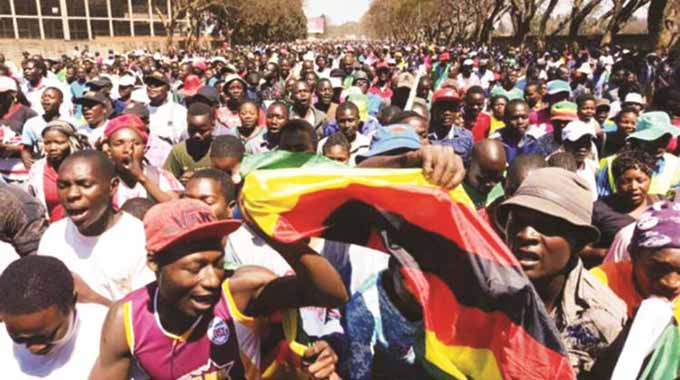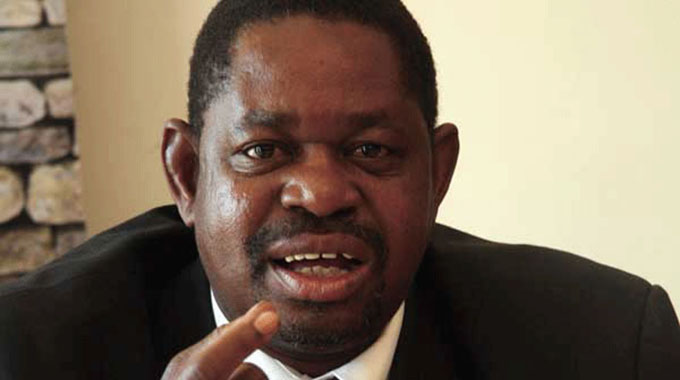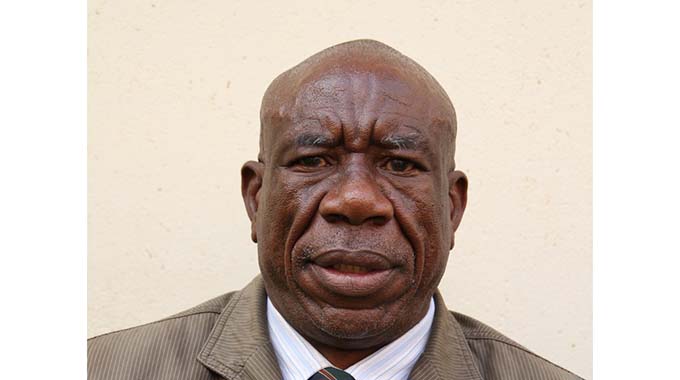Now, that’s what I call freedom’

Rumbidzayi Ngwenya Features Writer
“When the people fear the government there is tyranny, when the government fears the people there is freedom,” John Basil Barnhill once said.
And independence means “enjoying freedom and empowering others too to let them do so”, so goes another quotation.
Some say freedom is power to do, to be, to say, and to accomplish what the oppressed cannot, and that is the situation here in Zimbabwe today.
When Zimbabwe gained independence in 1980, it was indeed historic. The fight against colonial rule to attain freedom was finally over. The people were happy because they finally had the long-awaited freedom.
When former president Robert Mugabe resigned last November, 37 years later, the same people marched in the streets celebrating the end of his rule. The same feeling of independence engulfed the entire nation.
And, when President Mnangagwa assumed office, there was a new dawn in terms of democratic political space and rights of citizens. People enjoyed more freedom than ever before. There was finally a Government that “fears the people” and “freedoms started to be enjoyed”.
Of all the freedoms that the people had enjoyed since the new dispensation, political rights have been the most conspicuous. Because without political rights, there cannot be any talk of democracy in a country.
Here’s is how political freedom has been enjoyed:
With 121 political parties contesting in this year’s election, 23 candidates eyeing the presidential seat, more independent candidates seeking to represent their wards in Parliament and local government elections than ever before, it is evident just how free the space has become.
The freedom has also enabled increased participation by the youth and other voters to participate in today’s polls much more than before.
The election has become the talk of the day ever since the President announced July 30 as the election date. Everybody could not wait. Some have said this year’s elections are historic and it is true. Never since the independence of this country has there been such a large number of people campaigning. Freedom of speech and freedom after speech, freedom to associate and freedom to demonstrate have been a hallmark of the 2018 polls.
Because of these freedoms many believe that this year’s elections will be freer, fairer and peaceful. People are all keen to cast their votes and make their voices heard.
The pre-election period has also been more peaceful than before. Political parties have been campaigning without violence and everybody has been free to chant their party’s slogans without fear. Now that is what is called freedom! It seems the message of peace had been well preached and received.
President Mnangagwa has been preaching the message of peace and non-violence which has been hailed by all sections of the population. More than 20 political parties signed a National Peace Pledge, committing themselves to upholding the basic tenets required for realising a peaceful and credible election.
President Mnangagwa in June approved an amendment of Zimbabwe’s electoral law that, among other things, set a code of conduct for political parties.
The code of conduct stipulates how political parties, candidates and other stakeholders should behave before, during and after the elections and seeks to “promote conditions that are conducive to free and fair elections and a climate of tolerance in which electioneering activity may take place without fear or coercion, intimidation or reprisals”.
With all that, there is no candidate that can claim that they failed to campaign in any part of the country due to threats of violence. This is something that we need to celebrate as Zimbabweans. It bolsters the prospects of a free, fair and credible election.
And for the first time in nearly two decades, observers from countries which were seen as hostile by the previous administration were also invited to witness Zimbabwe’s elections.
According to the Ministry of Foreign Affairs and International Trade, a total of 46 countries and 15 regional and international bodies have been invited to observe the elections.
Regional and international organisations have since deployed observers. The Southern African Development Community (SADC) has deployed a total of 63 short- and long-term observers.
Apart from SADC other observer missions that have been deployed across Zimbabwe are from the African Union (AU) and the Common Market for Eastern and Southern Africa (COMESA). The AU Commission deployed a 14-member long-term election observation mission in early July, comprising four core team analysts and 10 long-term observers (LTOs).
And now that the day is finally here, it is game on! Besides different political views people may have, Zimbabwe is still one and at the end of the day there would be one President.
It is important to remember that a country can only have one President and no matter how many candidates are eyeing that seat only one will have it.
And after international and regional observers in the country announce this election free and fair, hopefully everyone will accept it as such. All the efforts to make this election free and fair should be recognised. The opposition should also respect the outcome to maintain peace and stability in the country.








Comments